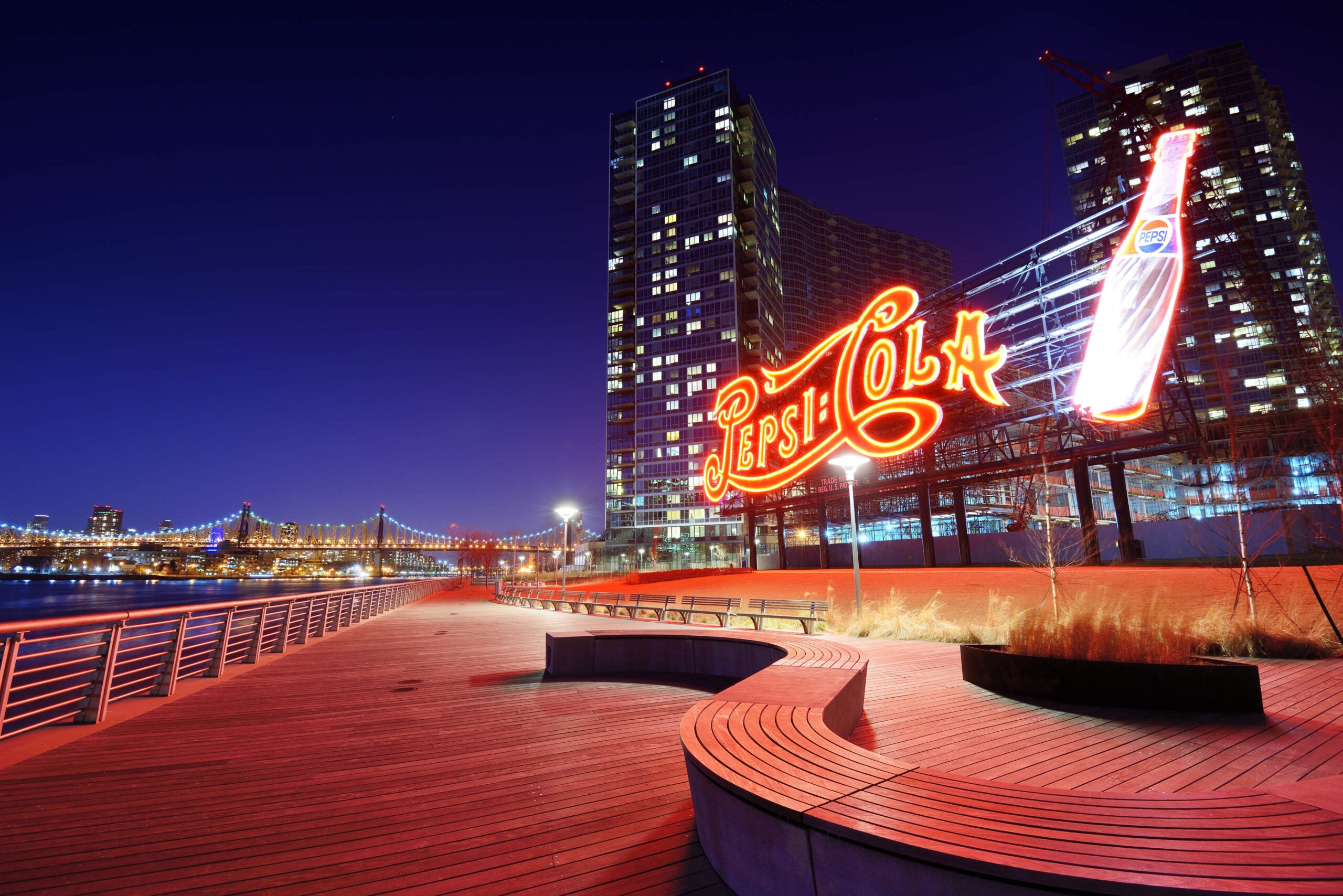It is a lot easier to say you want to be a healthy snack company than to actually become one. Global giant PepsiCo’s recent experience is a reality check for companies banking on healthy products to drive future growth.
One basic lesson in food marketing is recognising the potential disconnect between what consumers say they want and what they actually buy.
In 2010, PepsiCo announced a goal of tripling revenue from so-called nutritious products to $30bn over the next decade.
PepsiCo was recently forced to dial back expectations.
The firm’s new goal is to achieve sales growth for these products that will merely outpace that of its portfolio as a whole by 2025.
So what happened?
In short, taste trumped health and PepsiCo discovered that demand for healthier offerings like True North nuts and Muller Quaker yogurt was much less than projected.
How well do you really know your competitors?
Access the most comprehensive Company Profiles on the market, powered by GlobalData. Save hours of research. Gain competitive edge.

Thank you!
Your download email will arrive shortly
Not ready to buy yet? Download a free sample
We are confident about the unique quality of our Company Profiles. However, we want you to make the most beneficial decision for your business, so we offer a free sample that you can download by submitting the below form
By GlobalDataHealth and wellness are important, but taste, quality, and price matter more.
In a 2016 survey from GlobalData Consumer, just 12 percent of global consumers said that “health or wellness impact” had the most influence on product choice for food. Price and promotions were seen as nearly three times as important and quality almost four times as important.
Consider PepsiCo’s experience with Flat Earth baked vegetable crisps, a 2007 offering with a half-serving of fruit or vegetables in each ounce.
Flat Earth’s health credentials were strong; the brand’s sales credentials, much less so.
PepsiCo’s Frito-Lay unit expected to sell about $100m-worth of chips in the brand’s first year; Flat Earth fell flat with just $50m in sales over that period. The brand was deemed a failure and was pulled from store shelves to make room for more profitable snacks.
The lesson for marketers is that health is important, but taste is king. Achieving both is a delicate balancing act.
To its credit, PepsiCo will keep on trying. Off the Eaten Path Mosaic veggie crisps will debut in 2017, a snack made with rice, black beans, and green and yellow peas – supposedly better-for-you ingredients trending as healthy alternatives to corn or wheat.








Related Company Profiles
PepsiCo Inc